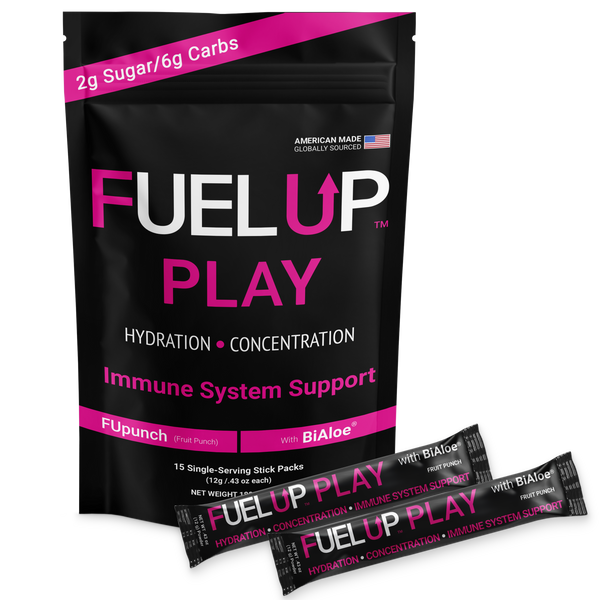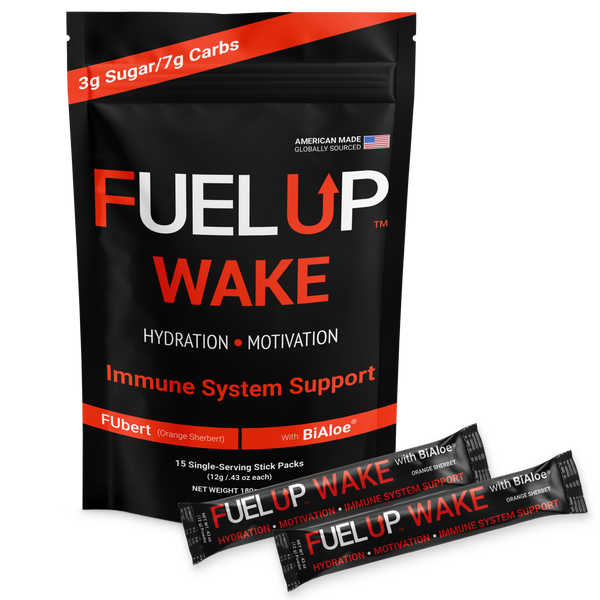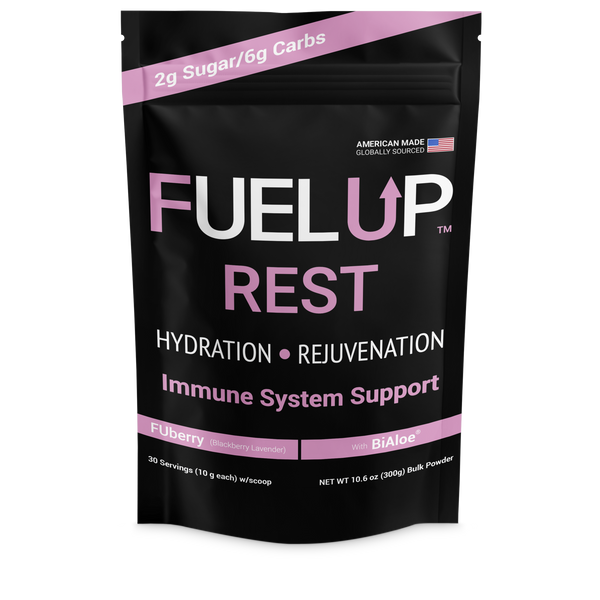When it comes to hydration, the internet is dripping with advice—but not all of it is worth swallowing. Myths about hydration have been passed down so often that we’ve come to accept them as truth. But staying hydrated is a crucial part of overall health, so it’s important to separate fact from fiction.
Here’s a closer look at some of the most common hydration myths and the science-backed truths you need to know.
Myth 1: You Need to Drink Eight Glasses of Water a Day
Fact: The “8x8 rule” (eight 8-ounce glasses a day) is widely quoted, but it’s not one-size-fits-all. Hydration needs vary depending on factors like age, activity level, weather, and diet. The National Academies of Sciences suggests daily fluid intake of approximately 3.7 liters (125 ounces) for men and 2.7 liters (91 ounces) for women—including water from food and beverages, not just plain water. Instead of focusing rigidly on a number, let thirst and factors such as exercise or heat guide you.
Myth 2: Coffee and Tea Dehydrate You
Fact: While caffeinated beverages like coffee or tea are mild diuretics (causing your body to lose some water), they still contribute to your daily water intake. Broad studies have shown that moderate caffeine consumption does not increase the risk of dehydration as long as you’re drinking fluids regularly. Your morning cup of coffee? It's doing double duty.
Myth 3: Only Water Can Hydrate You
Fact: Hydration isn’t limited to water alone. Many foods, such as fruits, vegetables, and soups, have high water content and significantly contribute to your overall fluid intake. Beverages like milk, herbal teas, and electrolyte-enhanced drinks also support hydration by providing essential nutrients such as potassium and sodium that plain water lacks.
Myth 4: Clear Urine Means You’re Hydrated
Fact: While pale yellow urine is often an indicator of proper hydration, perfectly clear urine can sometimes mean you’re overhydrating. Overhydration, or water intoxication, can dilute the body's electrolytes, which are vital for muscle and nerve function. Staying hydrated is about balance, not aiming for crystal-clear urine at all times.
Myth 5: Thirst Means You’re Already Dehydrated
Fact: Thirst is your body’s signal that it’s time to drink more fluids—not necessarily a sign of severe dehydration. While it’s a good idea to drink water or fluids constantly throughout the day, don’t panic at the first sign of thirst. Trust your body; it’s remarkably good at communicating its hydration needs.
Myth 6: You Don’t Need as Much Water in Winter
Fact: Cold weather may make you feel less thirsty, but your body still loses water through sweat (even under layers of clothing) and normal bodily functions like breathing. Winter air is also drier, which can lead to dehydration more easily than you realize. Staying consistently hydrated in colder climates is just as important as during the summer months.
Myth 7: Bottled Water Is Always Better Than Tap
Fact: In most developed areas, tap water is perfectly safe and often just as good as bottled water—if not better regulated. Bottled water adds convenience, but it isn’t inherently superior in quality. If you prefer the taste of bottled water or find it fits your lifestyle, go for it, but don’t rule out filtered tap water as an eco-friendly and cost-effective choice.
Takeaway: Hydration is Personal
Understanding hydration goes far beyond myths and generic advice. Your hydration needs—and how to meet them—depend on your body, lifestyle, and environment. By knowing the facts, you can avoid the dehydration pitfalls caused by misinformation and create a plan that truly supports your well-being.
A Smart Option for Optimized Hydration
If you're looking for a way to enhance your hydration regimen, consider options that combine water with key nutrients like electrolytes and vitamins. Fuel Up Hydration offers an expertly balanced formula to help replenish fluids and restore the necessary electrolytes your body needs for peak performance—all without overselling the science. Give it a try and take your hydration to the next level!





